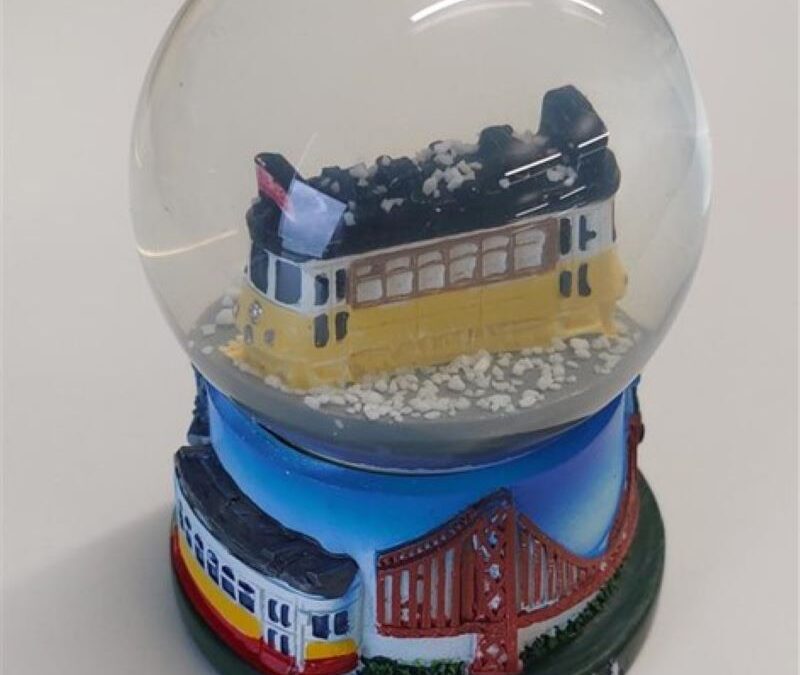Collaboration, reflection, the exploration of democracy-as-becoming, and a visit to Lisbon
The AECED project thrives on collaboration, reflection, and the exploration of democracy-as-becoming. Across different contexts and institutions, our partners engage in building transformative educational practices that enhance democracy through aesthetic and embodied learning (AEL). This blog brings together reflections from three of our six partner institutions. Here, our German, Croatian, and Finnish teams each offer unique insights into how democracy can be reimagined, enacted and nurtured in diverse educational settings. In addition, we share a glimpse into the work put into progress at our most recent consortium meeting, which was hosted beautifully by our AECED Portugal partners at the Universidade Aberta, coordinated by the University of Lapland and led at UAb by Professor Cláudia Neves.
Annual meeting of project consortium – a visit to Lisbon
From 24 to 26 March, AECED colleagues gathered at the Universidade Aberta for the annual project consortium meeting. Results from the analysis of the 19 cases completed to trial the draft Pedagogical Framework and Guides to practice were shared, and critical reflection and dialogue arose. The gathered project team worked to determine strategies for the dissemination of the results and how to ensure the continuing impact of the project after the project end. The meeting was an example of the importance of sharing and cooperation between the partners of a project and the recognition that while we may not always agree on everything, we consistently find ways to navigate challenges, collaborate effectively, and achieve our goal. There is so much gratitude for the dedication and commitment of the project’s core team – both in the work already completed and for the work yet to come. The commitment of everyone involved in the project is evident in every meeting and discussion, where a shared understanding of ways of working continues to take shape. When not involved in active discussion during meeting sessions, the group visited a local secondary school and engaged in a singing session. In addition, the team members got their steps in during their “relaxation” time by covering many miles to enjoy the wonderful city of Lisbon.
Germany: Patterns of transformation at the speed of imagination
At the University of Marburg, the AECED team has been working with aesthetic and embodied approaches in higher education and professional and organisational learning. Their research explores methodologies such as the Pattern Language of Commoning (PLC) and the Aesthetic Pattern Card (APC) Deck, both of which contribute to democracy-as-becoming and the ‘great transformation.’
A key challenge has been how to invite students to step beyond the conditioned structures of modern education – individualised, enclosed and competition-oriented – and into a different imaginary of learning and organising. In response, the team has developed a threefold notion of democracy-as-becoming, focusing on social togetherness, peer-governance, and care-economy. Their work underscores that change is possible at the speed of imagination.
Croatia: Rethinking democracy and active learning
In Croatia, AECED project partners have completed data analysis and produced case reports, drawing insights from around 50 teachers, preschool educators, students, and faculty members. Their reflections question assumptions about democracy and highlight the need for deeper discussions on democratic values.
The Croatian team found that definitions of fundamental democratic concepts – such as responsibility, identity, and transformative dialogue – vary widely among participants. This realisation shaped their workshops, where AEL methods encouraged active participation and personal reflection on democracy in Croatian society. By integrating dramatic and narrative methods, they created safe spaces for exploration and learning, reinforcing the idea that democracy is not static but an ongoing process of growth.
Finland: New perspectives and a busy spring ahead
The Finnish AECED team has welcomed Dr. Sandra Wallenius-Korkalo as a collaborative investigator, expanding their expertise in transformative pedagogical practices and radical democratic thinking. With the completion of their country case reports, they now look ahead to the next phases of the project.
The team joined colleagues in Lisbon for the March 2025 consortium meeting, where cross-case analysis approaches took centre stage. They are also preparing for some significant events, including the Annual Conference of the Finnish Political Science Association (April 14-16, 2025, in Rovaniemi) and a Dialogue Academy event (April 28, 2025, in Helsinki). These discussions will explore the subtle connections between embodiment and democratic citizenship, considering how we might create more space for embodied dialogues in education.
Continuing the conversation
Across all these contributions, one theme remains central: democracy is not a fixed concept but a dynamic, evolving practice. The AECED project continues to explore and support these transformations through aesthetic and embodied learning, encouraging educators, policymakers, and learners to actively engage in the process.
We invite you to share your thoughts on these reflections and the questions raised. How do you see democracy-as-becoming in your own educational or professional context? Let us know in the comments.
#Education4Democracy

